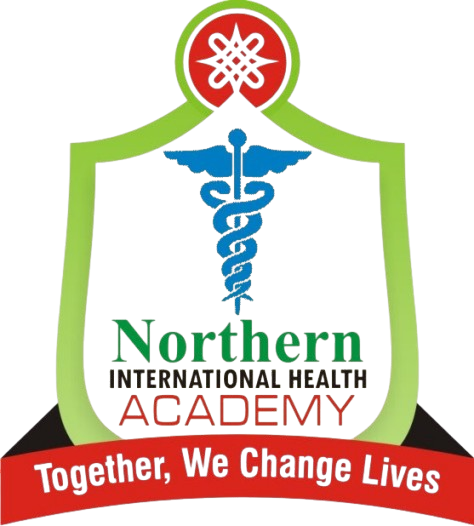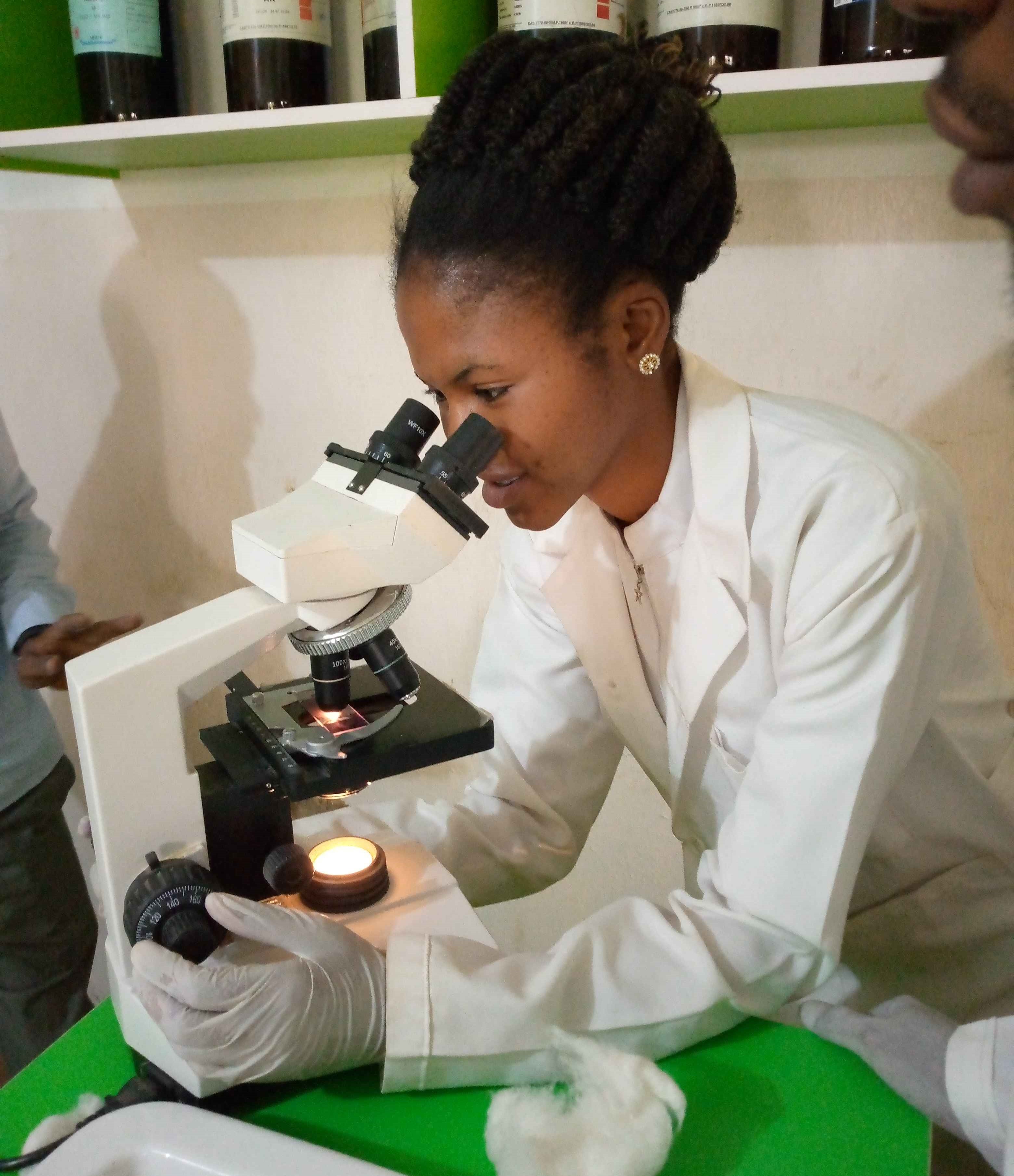In many parts of Nigeria, especially rural and underserved areas, Community Health Workers (CHWs) are the first point of contact for patients seeking care. They play a crucial role in delivering essential health services, educating communities, and bridging the gap between hospitals and households. Because of their unique position, CHWs require more than just technical knowledge they need a special set of skills that allow them to serve effectively, build trust, and save lives.
At the Northern International Health Academy Zaria (NIHAZ), students in the Community Health program are trained to combine knowledge, compassion, and practical skills. In this article, we explore the top five skills every community health worker must have to succeed in today’s healthcare landscape.
1. Strong Communication Skills
Effective communication is at the heart of community health work. CHWs must be able to explain complex health issues in simple, relatable language. For example, when teaching mothers about the importance of immunization, a CHW must avoid technical jargon and instead use everyday terms that connect with people’s experiences.
Good communication also means being a good listener. A patient may reveal important information about their health through casual conversation. By listening carefully, a CHW can detect underlying health concerns and provide better advice.
2. Compassion and Empathy
Unlike hospital-based professionals who may only see patients for short consultations, CHWs often live and work within the communities they serve. This means they encounter patients not just as clients, but as neighbors, family members, and friends.
Compassion and empathy are therefore essential. A CHW who shows genuine concern builds trust, which encourages individuals to seek care early instead of hiding illnesses. For example, a compassionate approach can help reduce stigma in cases of HIV, mental health issues, or maternal health challenges.
3. Knowledge of Preventive Healthcare
One of the primary responsibilities of a community health worker is prevention. Instead of waiting until people fall sick, CHWs promote healthy behaviors that reduce the risk of disease.
They teach communities about:
The importance of clean water and sanitation.
Handwashing and hygiene practices.
Maternal and child health, including breastfeeding and nutrition.
Vaccination schedules.
Preventing common diseases like malaria or cholera.
By equipping communities with preventive knowledge, CHWs reduce the burden on hospitals and save countless lives.
4. Emergency Response Skills
Emergencies can happen anywhere—on the road, at home, or in the workplace. CHWs are often the first responders when accidents, childbirth complications, or sudden illnesses occur.
Basic emergency response skills such as first aid, CPR (Cardiopulmonary Resuscitation), bleeding control, and stabilizing patients before referral are critical. For example, if a child has a seizure or a woman experiences complications during delivery, the CHW’s ability to respond quickly can make the difference between life and death.
At NIHAZ, students are trained in emergency life support so they can step in confidently when needed.
5. Data Collection and Reporting
While CHWs may work in small communities, their work feeds into the bigger picture of national healthcare planning. Accurate data on births, deaths, vaccinations, and disease outbreaks is vital for government agencies and NGOs.
Community health workers must therefore be skilled in collecting, recording, and reporting health data. With proper training, they can use both manual and digital tools to document cases. This data helps authorities track health trends, allocate resources, and respond to epidemics.
Beyond Skills: The Spirit of Service
While these five skills are essential, they are most effective when combined with a spirit of service. A good community health worker must be motivated by a genuine desire to help people live healthier lives. This sense of purpose is what sustains CHWs, even in difficult environments with limited resources.
The NIHAZ Advantage
At Northern International Health Academy Zaria, the Community Health program emphasizes all of these skills. Students are given practical exposure through field training, simulations, and community outreach programs. By graduation, they are not only knowledgeable but also confident, compassionate, and ready to serve.



Comments